
The Resident Evil series is widely regarded as one of the best survival horror franchises of all time. The series has endured a long-standing legacy spanning multiple decades, numerous classics, and of course – a healthy amount of spin-offs and experimental releases. While not every entry in the franchise has been successful, Resident Evil has always managed to regain popularity by course-correcting its missteps according to feedback from the fans. Many fans consider Resident Evil 6 to be the black sheep of the franchise, but perhaps no game in the series has had a unanimously worse reception than Resident Evil: Operation Racoon City.
Resident Evil: Operation Raccoon City was released in 2012, and was immediately lambasted by critics and fans for a whole host of reasons. And while the game did manage to make a rather strong impression in the commercial department with over 3 million copies sold, the general consensus surrounding the game seems to be one of wasted potential. To that end, we ask the question, what the hell actually went wrong with Resident Evil: Operation Raccoon City?
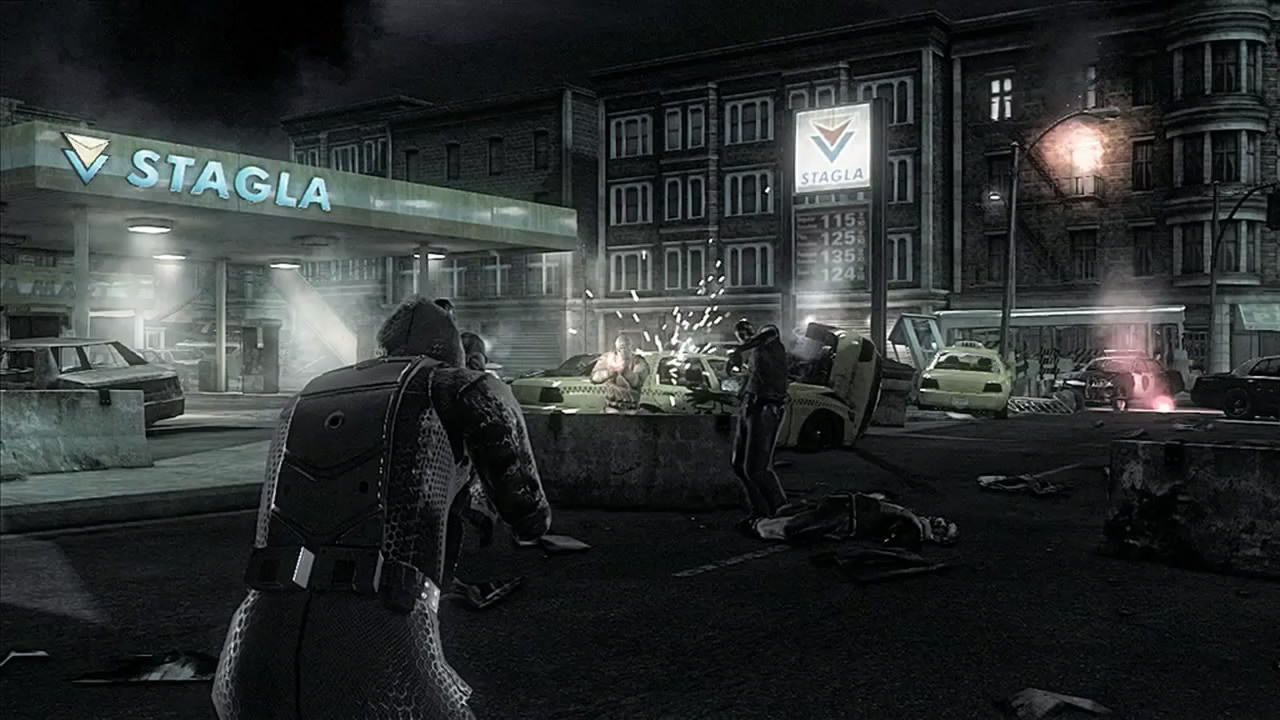
Rumblings of an experimental Resident Evil game being in development at Slant Six (developers of the SOCOM series) had fans excited to know what’s in store, and when Resident Evil: Operation Raccoon City was shown off to the public – fan interest piqued at the prospect of being able to play through a class-based third-person shooter with iconic characters from the series. More so, Slant Six had proven itself more than capable of delivering excellent squad-based tactical shooters with its SOCOM series – so Resident Evil: Operation Raccoon City seemed like a match made in heaven and one destined to succeed in its objective.
However, Resident Evil: Operation Raccoon City failed to really understand the essence of the series, and delivered an experience that felt lacking in every regard. Resident Evil has a penchant for twisted narratives and campy dialogues, there is still a sense of continuity and coherency that series fans have come to admire so much. Slant Six tried to craft a similarly complex narrative filled with twists and turns, but failed miserably in that pursuit. Most of these plot twists don’t carry the weight or purpose behind them and seem to be shoehorned in just for the sake of it.
The developer also tried to pepper in elements of fan service with cameos and whatnot, but none seemed to stick the landing. Some of these issues wouldn’t be as big of a problem if the protagonists were likable on some level, but Resident Evil: Operation Raccoon City instead flips the formula on its head as it tasks players with hunting down iconic protagonists from prior RE games like Leon, Claire, and Sherry. Again, that’s a novel concept on its own – but ends up hitting the game back on its foot due to poor writing and insufficient characterization. Furthermore, even the ending – which should have been conclusive by all means – is poorly explained and remains unsatisfactory.
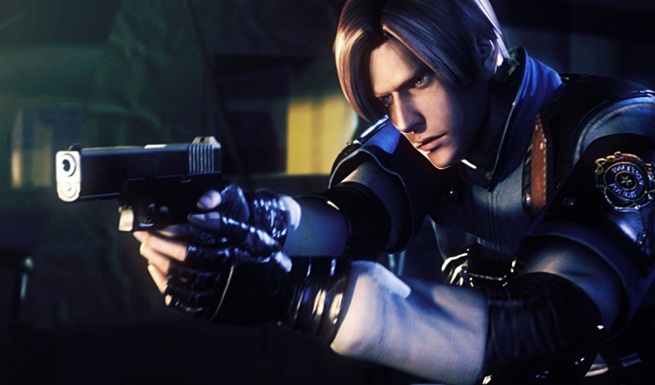
The same theme of interesting concepts but shoddy execution carries over to the gameplay side of things as well. Players can control a total of 12 characters, with 6 being from the USS and 6 from Echo Six. They are divided into six classes which are namely Assault, Recon, Surveillance, Field Scientist, Demolitions, and Medic. For the single-player campaign, however – players get to choose from only four agents from the USS.
Each of these classes has its own sets of passive and special abilities, which does offer some decent variety amongst team roles and characters. But as previously said, the core gameplay is poorly designed with questionable design choices and unsatisfying gunplay with little to no feedback from spongy enemies. These are minor issues in the face of what’s perhaps the biggest issue plaguing the experience – the AI, or lack thereof.
The enemies seem to be devoid of any sense of self-preservation and will jump out of cover at random to become an easy target for the player. They will also randomly stop shooting at you, or exhibit similarly goofy behavior on a whim. In a similar vein, your computer-controller allies also add frustration to the whole affair – as they will randomly put themselves in dangerous situations head-on or run through trip mines, or even worse, fail to navigate through rooms and obstacles. To add further fuel to the fire, the game is devoid of any interesting set-pieces or memorable boss fights – which adds a sense of repetition when playing through the campaign.
Resident Evil games are known for their excellent atmosphere and visually evocative levels and settings, and it’s the one thing that’s constant throughout the series even at its lowest. That’s of course excluding Operation Raccoon City which is marred down even further by visually flat levels with no sense of atmosphere and distorted character models. The texture work and asset quality is also worse than Resident Evil 6, which came out during the same year.
Resident Evil: Operation Raccoon City also offers a decent suite of multiplayer options which are a spin on the standard multiplayer shooter affair. You have Team Attack – which is a free-for-all having both enemy players and zombies. Then there’s Biohazard, which is essentially CTF. There’s also Heroes mode, which pits the members of Echo Six against the USS, allowing you to play as Leon Kennedy, Ada Wong, and others. Lastly, there’s Survivor – which forces both teams to cooperate with each other to survive the zombie outbreak until a rescue chopper arrives at the scene.
Again, they are interesting in concept, and to be honest – they fare better than the single-player campaign – but issues still rear their head during the experience nevertheless. Game modes with AI-controlled creatures are a slog to play through, and while PvP is fun – the game lacks the progression and depth to remain captivating for more than a couple of hours.
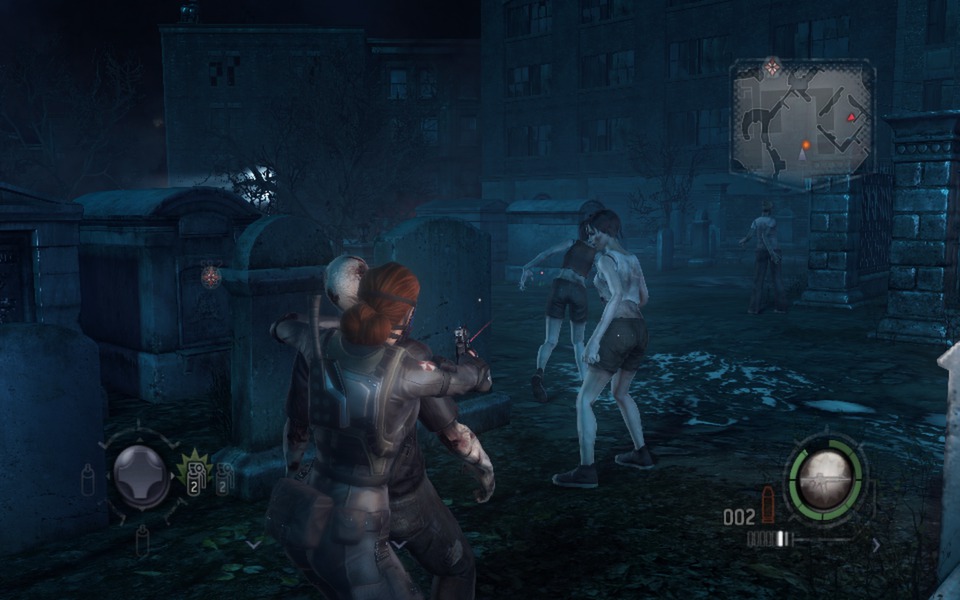
While some fans have surprisingly warmed towards the game following its release, it’s impossible to look past Resident Evil: Operation Raccoon City’s bevy of game design problems and technical inefficiencies. Thankfully, it’s non-canon to the series. As for what went wrong with the game, it’s almost everything. Any interesting idea with the potential to be endearing was washed away by poorly implemented design and a basic understanding of what makes a Resident Evil game tick and what makes a cooperative shooter great. It seems rather obvious that the game went through a turbulent development cycle, but we can’t say for sure whether it was the incapability on the developer’s part or strict restrictions on budget and development timeline imposed by the publisher that led to this sub-par product.
Despite being a critical failure, the developer would continue to experiment with multiplayer outings in the Resident Evil franchise with the likes of Umbrella Corps and Resident Evil Resistance. As fans might already know, none of these games have stood on their promises. But even so, the developer is gearing up for the next entry in Resident Evil’s multiplayer-oriented spinoffs with Resident Evil Re: Verse, and we are hoping with crossed fingers that this game ends up changing the fates of multiplayer-oriented games of the franchise.
Note: The views expressed in this article are those of the author and do not necessarily represent the views of, and should not be attributed to, GamingBolt as an organization.









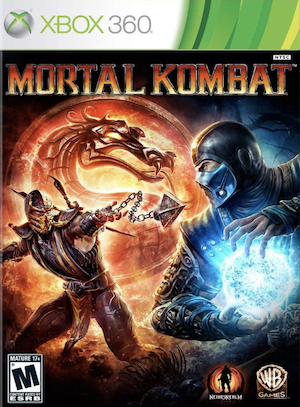


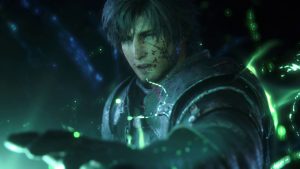

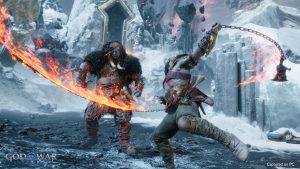
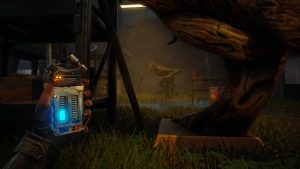
Share Your Thoughts Below (Always follow our comments policy!)